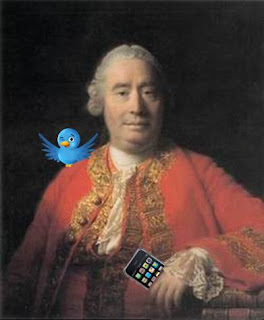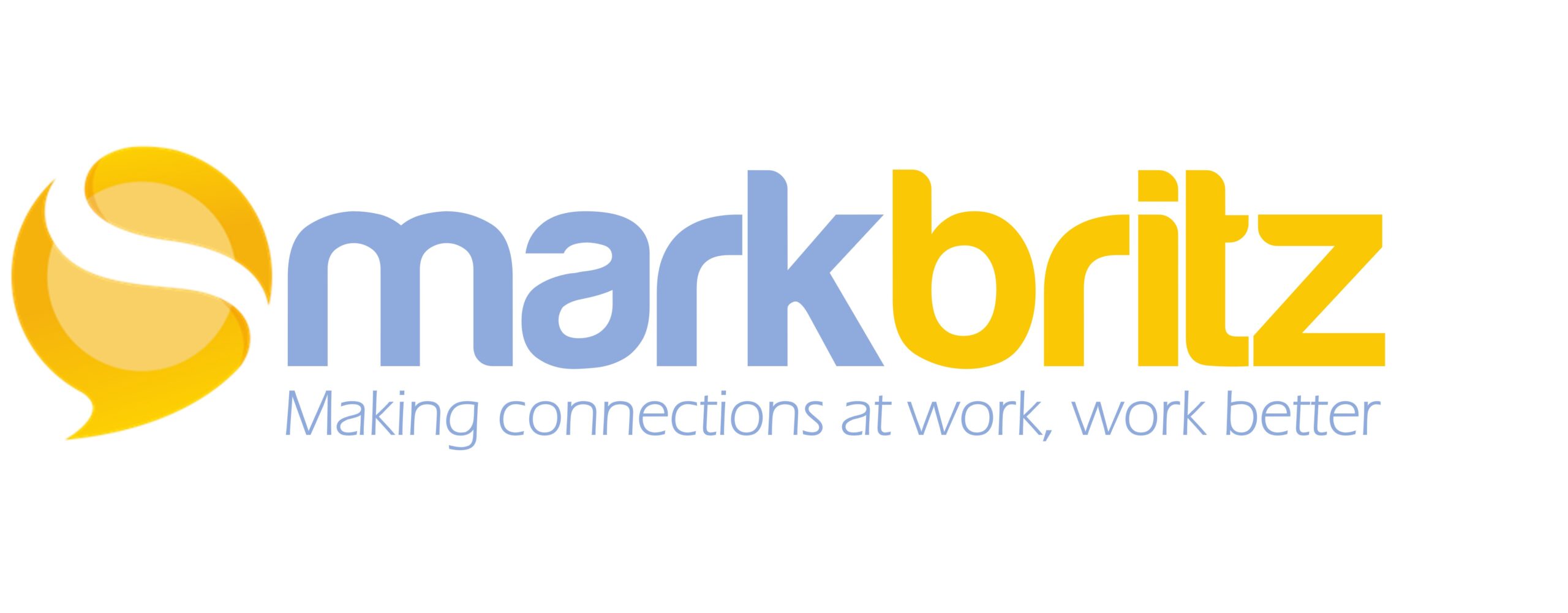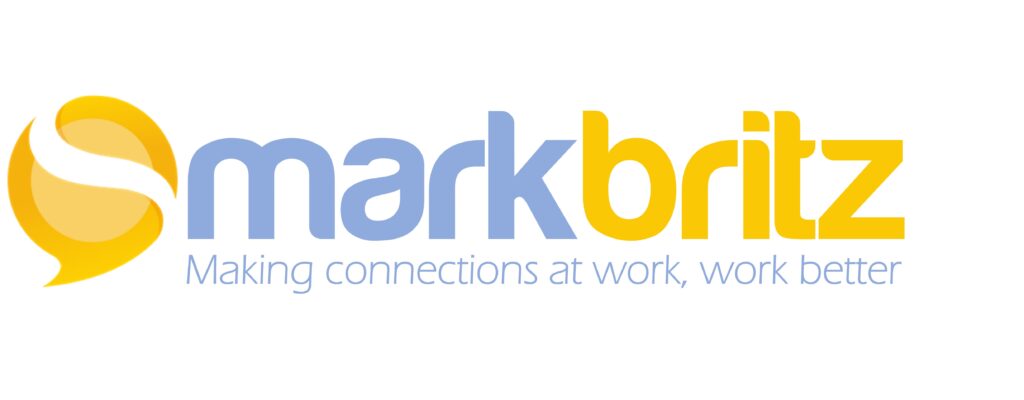As a former HS History teacher, the Age of Reason (17th-18th Cent.) was one of my favorite areas to teach.
I was always in awe of some of the great minds in human history that seemed to all live within about a 200 year period. Locke, Rousseau, Voltaire, Franklin, Hume, Kant just to name a few. These folks and their peers in science and technology all lived at an incredible time in history when an awakening of inquiry took place. Although real time collaboration rarely happened, these folks influenced each other over time and space (sound familiar?). This era was chock full of revolutions in technology, politics, science, economics, and society.
As I personally question my own professional understandings and am constantly influenced by thinkers over time and space, I am wondering if we are entering a New Age of Reason. In particular in the area of organizational learning? The parallels seem pretty close in my opinion.
To start, here’s my quick-n-dirty on the Age of Reason (purposefully simple & non-exhaustive!) to set the stage for some small comparisons.
One can argue that the era began with the Renaissance, a “rebirth” of ancient beliefs from Greece and Rome. This in turn led to new scientific “discoveries” about our solar system, gravity and physics. This “Scientific” revolution spurred on a questioning of the physical world. The new scientific questioning began to challenge and threaten the Catholic Church in Europe (supreme authority). New technologies (e.g. the printing press) hastened the transformation and new ideas were quickly and economically shared with the masses. Questions of faith and questions of government authority led to New Protestant faiths emerging. Capitalism and Democracy grew as colonialism and industrialization challenged agrarian social traditions. Discontented and empowered people rebelled and self-determinism led to political change internally and overseas…
Simply put, this was a time when the mysticism, religion, and superstition of the Middle Ages was challenged.
What do you see happening today in organizational learning?
Today, Thought Leaders are questioning the mysticism of formal learning being the end-all-be-all, they are disputing the religious doctrine of L&D departments and “learning” organizations, and they are contesting the authority of today’s “Cathedrals of Knowledge” – the LMS.
Are we in, or on the cusp of, a New Age of Reason in organizational learning? The ideas of Democracy challenged traditional political organization (Absolute Monarchy) much as Connectivism and Wirearchy stakes their legitimacy among traditional theories and ideas of knowledge and organizational learning structures.
The ideas of Democracy challenged traditional political organization (Absolute Monarchy) much as Connectivism and Wirearchy stakes their legitimacy among traditional theories and ideas of knowledge and organizational learning structures.
- Representative government displaced Feudal Kingdoms much like we see the long standing Training and Development Departments giving way to empowered learners making their own decisions about what to learn, when to learn and how to learn.
Web 2.0 is our time’s Printing Press…Twitter, Blogger and Amplify spread ideas quicker than if they were posted on a Church door.
This is a time of Enlightenment for many. And like German philosopher, Immanuel Kant described it; enlightenment is the “freedom to use one’s own intelligence.”
Kant, further defined enlightenment this way: “Enlightenment is the liberation of man from his self-caused state of minority. Minority is the incapacity of using one’s understanding without the direction of another. This state of minority is self-caused when its source lies not in a lack of understanding but in a lack of determination to use it without the assistance of another.”
http://bit.ly/6dsHm All About History – Age of Reason-Open Society
So today, in organizational learning, it is not that many do not know what to learn, what to use to learn or how to drive their own learning that prevents real knowledge and stellar performance… it may partially be our blind obedience to the institutional structures & traditions in the places we work. It may be our “state of minority” that causes us to unquestionably follow the “learning experts” within organizations; many of whom shackle workers to archaic systems and worse, archaic thinking about what and how best to learn.
In the Age of Reason, political discourse in local coffee houses inspired revolutions. Today, we can find Thinkers like those of the ITA challenging conventional wisdom in the modern coffee houses of the Internet; Blogs and Twitter chats are today’s Penny Universities.
Spurred on by obvious logic, Learning professionals and workers at all levels are fighting the good fight in their organizations- expanding their opportunities to learn through social and informal channels.
The perception of the Enlightenment during its time, and the new ideas that were presented, were often seen as radical, and even dangerous. Today though these ideas of inquiry, democracy, self-determinism, and rationality are taken as unquestionable truths… Some day too, and I suspect quite soon, these truths in the New Age of Reason will be self-evident in that we have the right and responsibility to to learn anytime, anywhere, and by any means.

